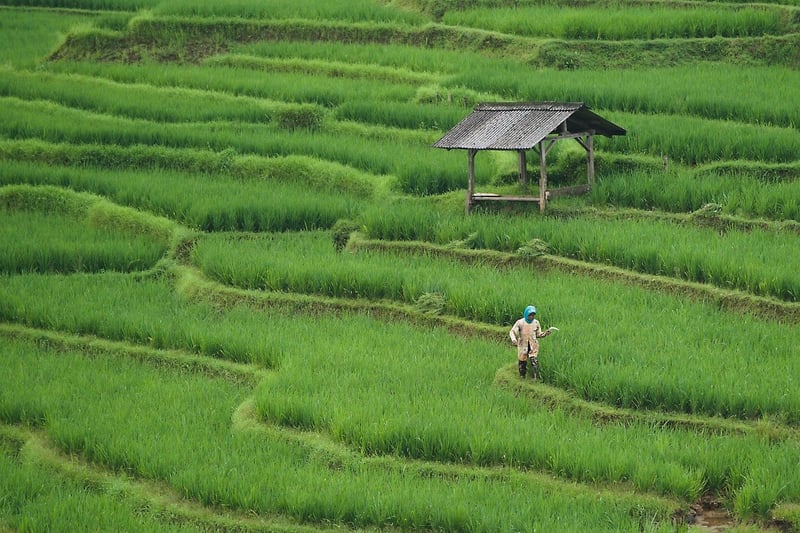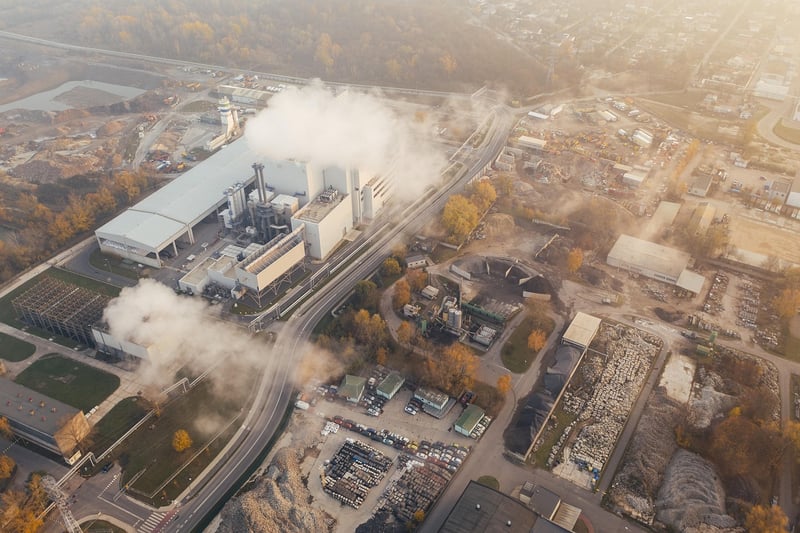Future of Urban Farming
The Future of Urban Farming: Cutting-Edge Gardening Advancements
Urban farming is on the rise, driven by a desire for sustainable living, local food production, and green spaces in cities. With advancements in technology and innovative gardening techniques, the future of urban farming looks promising and exciting.
Vertical Farming
Vertical farming is a revolutionary approach to urban agriculture that involves growing crops in vertically stacked layers. This method makes efficient use of space, allows for year-round production, and reduces the need for pesticides. With the use of hydroponic or aeroponic systems, plants can thrive in controlled environments without soil.

Smart Greenhouses
Smart greenhouses utilize technology such as sensors, automated climate control, and machine learning to optimize growing conditions for plants. These high-tech structures can adjust temperature, humidity, and light levels to maximize crop yield while minimizing resource consumption.

Hydroponics and Aquaponics
Hydroponic and aquaponic systems are soil-less methods of growing plants that use nutrient-rich water to nourish crops. Hydroponics involves directly submerging plant roots in water enriched with minerals, while aquaponics combines hydroponics with fish farming, creating a symbiotic ecosystem where fish waste fertilizes the plants.

Community Gardens and Rooftop Farms
Community gardens and rooftop farms play a vital role in urban farming by providing local communities with access to fresh produce, promoting social interaction, and improving urban biodiversity. These shared spaces foster a sense of community and connection to nature in urban environments.

Conclusion
The future of urban farming is bright, with cutting-edge advancements paving the way for sustainable, efficient, and environmentally-friendly food production in cities. By embracing innovative gardening techniques and technology, urban dwellers can lead the way towards a greener and healthier future.
Join the movement towards urban farming and be a part of shaping the future of food production in our cities!
